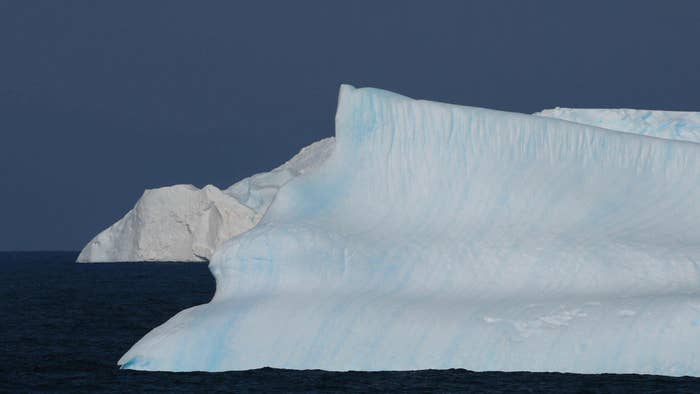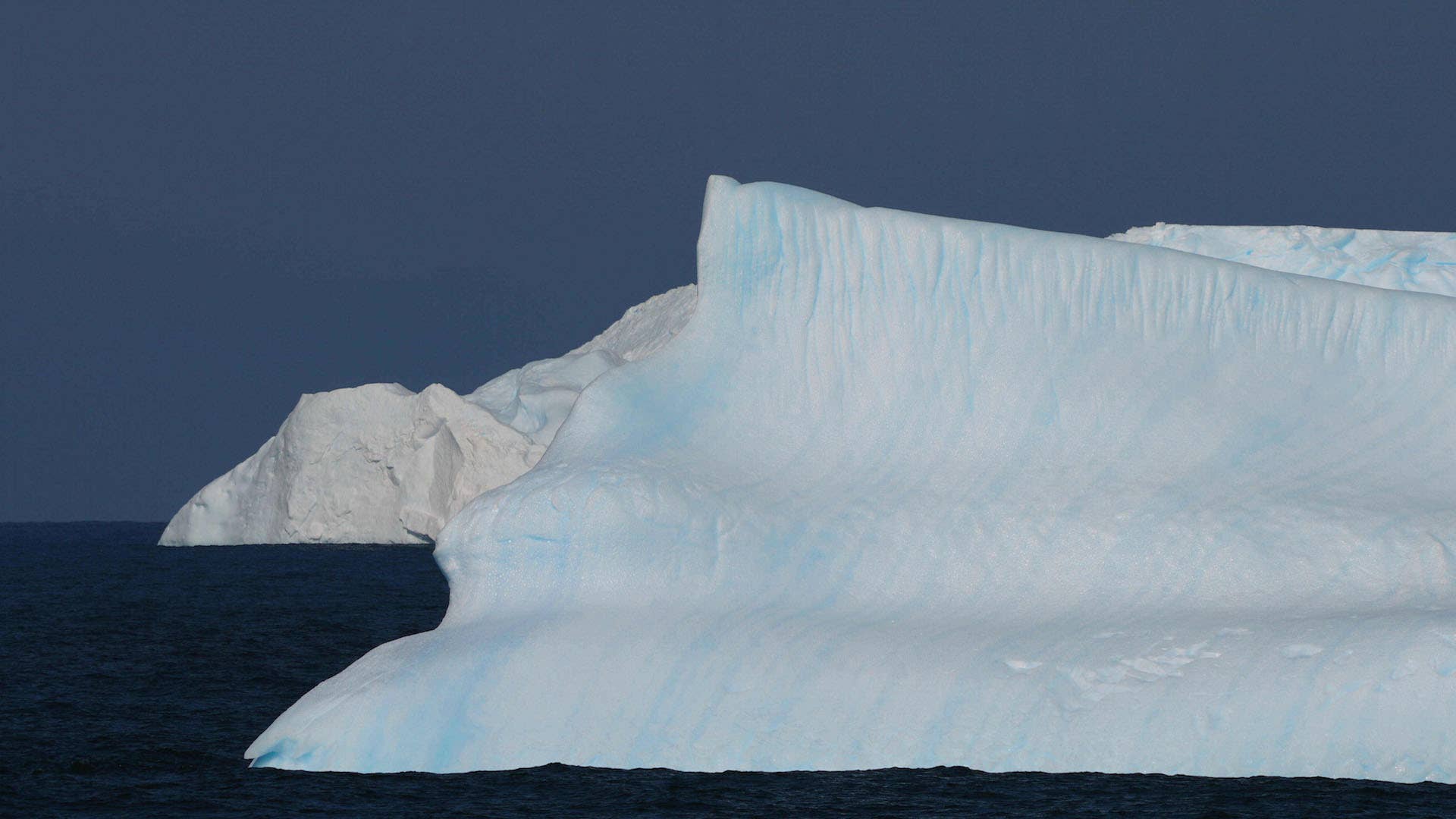
A massive iceberg broke away from Antarctica on Friday, CNN reports.
A 490 square mile block of ice— bigger than New York City—broke free from the Brunt Ice Shelf near a British scientific outpost.
According to a statement from the British Antarctic Survey (BAS), the ice was separated through a process called “calving.” Calving can be caused by crevasses that penetrate the ice because of variables like water pressure and temperature.
The BAS says it has been anticipating a major calving event for at least a decade. In fact, it even moved the outpost inland in 2016 due to the threat. The research station is unlikely to be impacted by the event and the 12-person team working that normally works the station returned home to escape the Antarctic winter.
“Our teams at BAS have been prepared for the calving of an iceberg from Brunt Ice Shelf for years,” BAS Director Jane Francis said in the statement, before explaining that they are carefully monitoring the situation via satellite images. “All the data are sent back to Cambridge for analysis, so we know what’s happening even in the Antarctic winter, when there are no staff on the station, it’s pitch black, and the temperature falls below minus 50 degrees C (or -58F).”
Although people are rightfully worried about climate change, BAS insists that calving is a natural reoccurring process that isn’t directly connected to global warming.
“Change in the ice at Halley is a natural process and there is no connection to the calving events seen on Larsen C Ice Shelf (in 2017) and no evidence that climate change has played a significant role,” officials said while also predicting what the new iceberg will do next. “Over coming weeks or months, the iceberg may move away; or it could run aground and remain close to Brunt Ice Shelf.”

